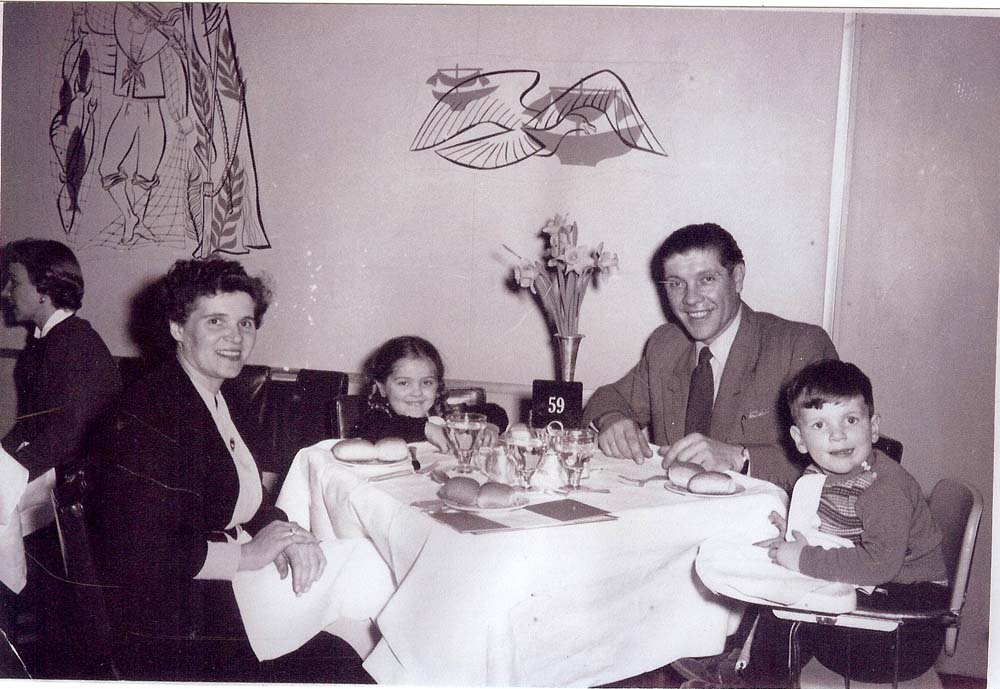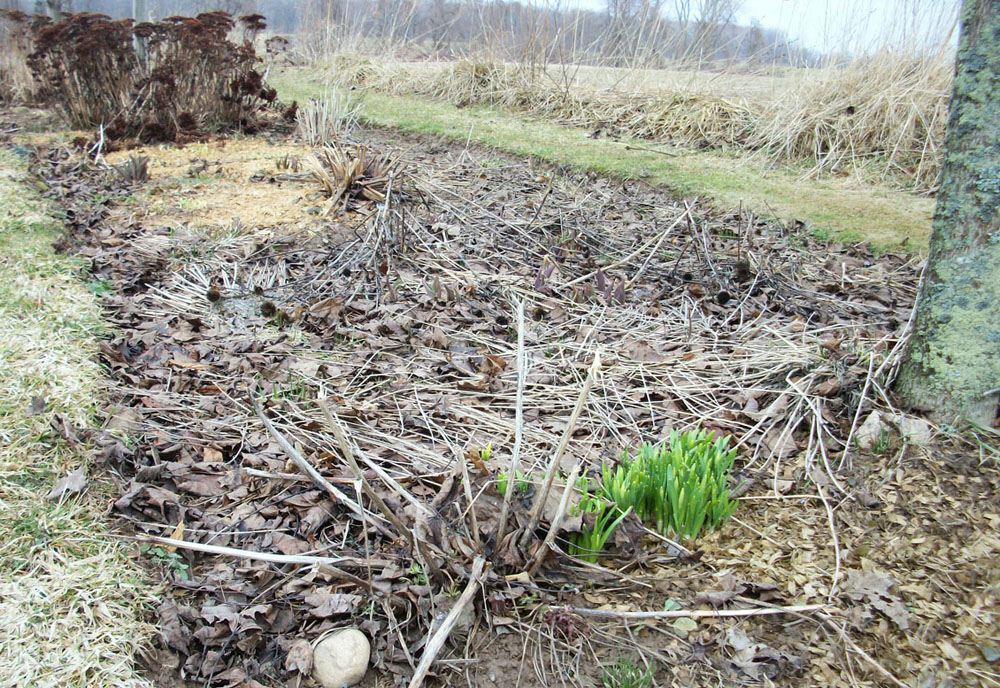Joe and Anna sponsor new immigrants

My parents, Joe and Anna, no doubt expected to be approached at some point about sponsoring one of their family members who wished to immigrate. That occurred in 1952 when they made their first visit back to German after coming here in the mid 1920s.
Anna’s niece, Anneliese and her husband, Michael, asked if they would consider sponsoring them. Michael had been born in the Ukraine of German and Ukrainian parentage. They were an upper middle class family and Michael was studying music, specifically the French horn.
As WWII progressed, there came a time when the Russians were advancing into the Ukraine. Michael had been warned not to return home one day to avoid possible capture. He and a friend decided to leave and head for Germany. Michael never saw his parents again but he did get to Germany, where he was almost immediately conscripted into the German Army. A strapping 18 year old who could speak three languages was definitely soldier material. He was sent to fight on the Russian front ending up at Stalingrad from which the Germans retreated. He related how they walked most of the way back to Germany. From there he was sent to the French front, was wounded, recovered and was sent back to the front until he was captured and placed in a POW camp in Anneliese’s town in Germany.
Many of the young German men her age had been lost in the war, so she and other girls began fraternizing with the POWs. Upon Michael’s release they were married and remained there, since he could not return to the Ukraine which was under Russian control. Even in 1952 he was fearful that if the Russians invaded Germany he would be caught and imprisoned or executed.
Anneliese likewise was concerned since she had spent 11 months in a French POW camp. She happened to be in Strasburg, buying seeds for her family’s farm, when the American/French forces encircled the city before she could get out. Although she was only 17, she was detained and interned with several hundred other women and children in some deplorable camp conditions, which is another story.
Joe and Anna agreed to sponsor them which was an undertaking not for the faint of heart. Done legally, the sponsors had to declare their entire assets, and pledge to support the immigrants for a period of five years. But it was simply paying forward what Joe’s uncle Peter had done for him.
Everything was in order for Anneliese, Michael and their two children to come, when a letter came informing that she was pregnant. They realized we might not want to continue as planned. Joe and Anna felt they had gone this far so there was little, if any, thought of backing out – just continuing with faith and hope. Also, no fare had to be paid for the “extra” passenger if they came before he was born.
Now, this meant they would arrive owing my parents for the voyage, with a four and two year old child and one on the way. There was a promise of a job with the builder (Dick Van Valkenburg), that Joe worked for, but they had no health insurance and they would have to live with Joe and Anna and our family initially.
The big day came when after an ocean voyage and a train trip from New York City to Rochester they were at our house. I recall Carmen, the four year old, being bright, alert and very talkative, while her two year old brother, Peter, curled up and fell asleep on one of their suit cases. A few months later the child created in Germany was born in the USA and was named Michael. Their last child, Bernhard, came along a few years later.
Michael went to work after a day or two and we all tried to settle into this new family situation. They all slept in the unheated upstairs bedrooms but shared everything else with us. They helped wherever they could but it wasn’t always easy to please Anna who had been the Queen of the kitchen for all her married life. Michael had a little difficulty getting a driver’s license even though he had been a driver for the French officers and after his release from the POW camp he had been a heavy truck driver traveling all over Europe. He knew German, French, Ukrainian and some Russian but not English, making it difficult to pass the written part of the driver’s test, but he eventually did.
After a year or so they had paid off their debts, acquired a car and found a small apartment nearby. I still recall how thrilled they were the first time they invited us to their place for Sunday dinner. It was a humble place, actually a converted chicken coop, but to them it was close to heaven. Their pride at accomplishing this was only exceeded by their gratefulness to their sponsors, family and friends, and the country they chose to live in.
It was always amazing to me how some people adapt to their situations. Michael was bilingual from childhood and probably destined to be a professional musician in a major orchestra. Fate took him from there to being a soldier, a POW, a truck driver, mechanic, a saxophone player in dance bands and after immigrating, doing grunt work in home construction, to a carpenter and cabinet maker and eventually a model maker at Kodak.
Along the way they bought a lot and built a house doing most of the work themselves. One of the proudest times in their life occurred a few years later when they and the children became citizens of the United States.





